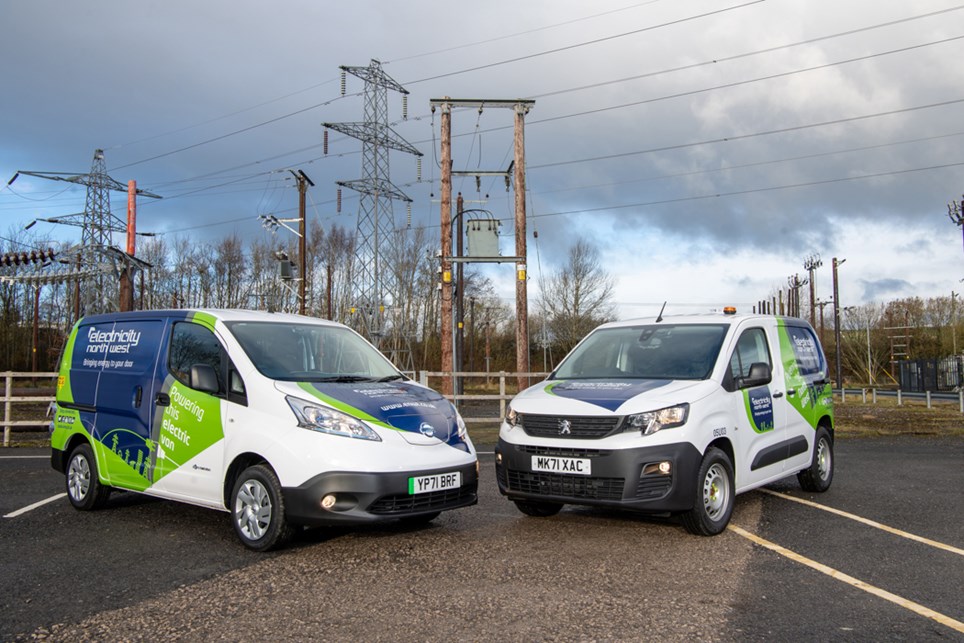The number of electric cars and vans on the North West’s roads has doubled in the past year – but uptake remains half the national average.
Electricity North West said it still expects to see up to 1.4 million electric vehicles in the region by 2030, despite the North West currently lagging behind regions where policies have been introduced locally to encourage the transition to electric.
According to the network operator, uptake elsewhere has been driven by local policies to incentivise the switch to electric, such as the congestion charge to improve air quality in London.
But a lack of similar incentives – together with the ongoing cost of living crisis and current supply chain issues for battery materials – is putting a brake on the North West’s transition. The company expects growth in the region to accelerate as it catches up with the rest of the UK over the next seven years.
The analysis forms part of Electricity North West’s detailed annual Distribution Future Electricity Scenarios (DFES) report, which sets out how it expects the way we use energy will change over the next 30 years.
In addition to the uptake of electric vehicles, the report predicts the installation of more than a million heat pumps by 2040 as part of the shift away from gas boilers.
As a result of these shifts, Electricity North West expects the demand for power to increase by a third of its current levels by 2030 and has set out a detailed plan to show how it will ensure the network is ready for this surge in demand, investing £1.7bn between now and 2028 to create vital new capacity.
Steve Cox, Asset and Technology Director at Electricity North West, said: “Despite the cost of living crisis, there are more electric vehicles than ever before on our roads, and we expect this number to keep climbing to more than a million EVs in the region before the end of the decade.
“This means demand on the network will continue to increase as more drivers need to plug in their cars and vans to charge up.
“This is just one of a number of huge transitions we’re expecting to make over the next few years and beyond as the way we use energy continues to change.
“As the network operator, it’s our job to make sure that everyone living and working in the North West can continue to depend on the network, just as they do now, even with all these rapid changes.”
Electricity North West’s full DFES report, together with the full data workbook that supports it, can be found at https://www.enwl.co.uk/get-connected/network-information/dfes/.


